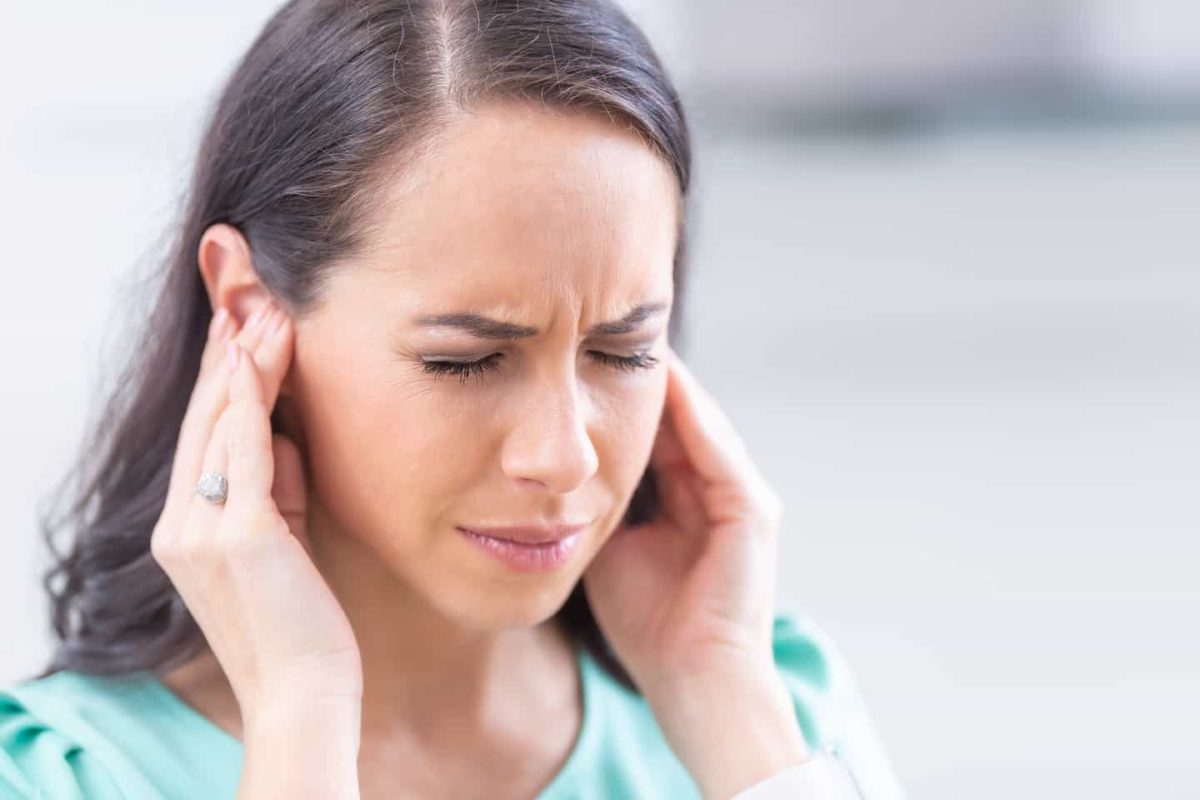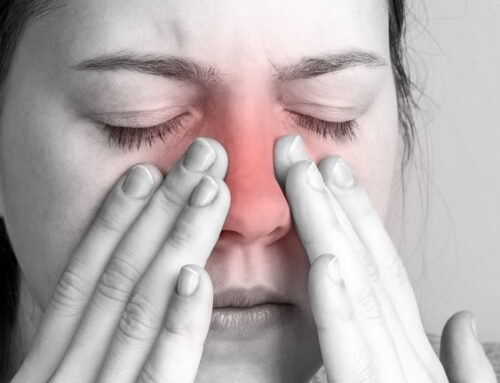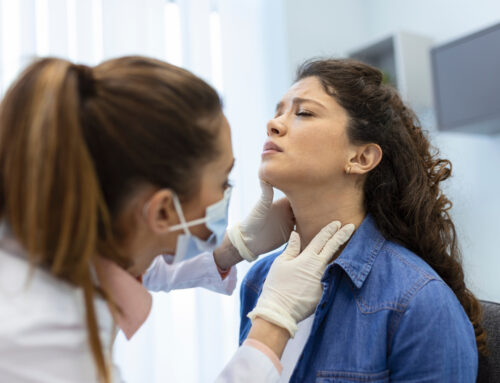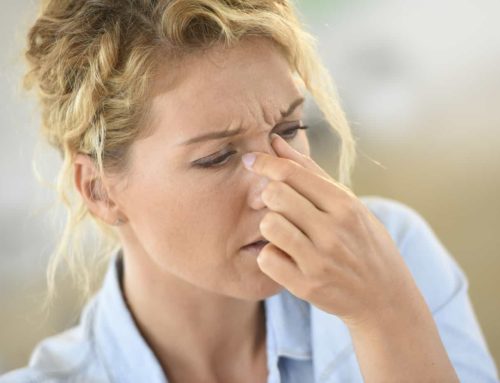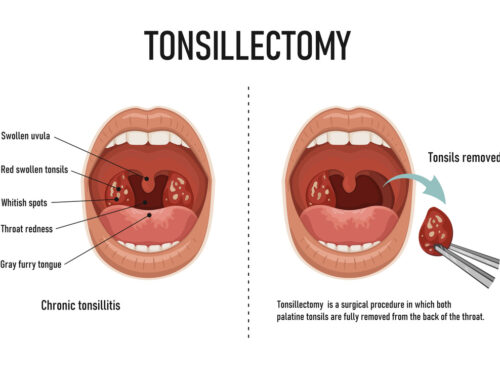Pressure in the ear is a common ailment for a wide range of people. People of all ages and from all walks of life can suffer from pressure in the ear, for a number of reasons. You may be wondering if you could be suffering from pressure in the ear. Here, we will seek to explain what it is, why it happens, and how you can get help.
What is pressure in the ear?
Pressure in the ear, otherwise known as ear congestion, is what takes place if your Eustachian tube is blocked and unable to work as it should. If your Eustachian tube becomes obstructed, it results in a feeling of pressure which can be uncomfortable. This can go so far as to impact the eardrum itself.
How common is pressure in the ear?
Since the Eustachian tube is very small and thin, running from your nose to your middle ear, it can be easy for it to become obstructed. As there are so many potential causes of pressure in the ear, it is likely that most people will suffer from it at one time or another in their lives. It can be caused by issues either in your middle ear or your ear canal.
Common causes of pressure in the ear
As we have already mentioned, there can be a whole host of reasons for pressure in the ear to become a problem. Conditions and illnesses that primarily impact your sinuses can cause congestion in your Eustachian tube. For example, you may find your hearing becomes muffled due to issues with your sinuses, such as sinus infections, allergies, and even a common cold.
You have probably suffered from pressure in the ear during travelling – when you are flying, alterations in air pressure can cause this, and it is especially prevalent during take-off and landing.
Other causes of pressure in the air include getting water trapped in your ear. This can happen while swimming, or even just showering or taking a bath.
You may also suffer from congestion due to a build-up of excess ear wax, an ear infection in either your middle or external ear and in some cases a blockage caused by a foreign object becoming lodged in your outer ear canal. This may be more common with children, but is still worth considering when you are wondering why your hearing is muffled or your ear feels painful.
Effects of pressure in the ear
Pressure in the ear is not just a feeling of fullness. While this can be uncomfortable, there are even more serious implications for your health. These can include difficulty with your balance, pain throughout your ear canal, and even reduced hearing and hearing loss.
If left untreated, either with a home remedy or a visit to your doctor, any one of these could become worse, and in the worst-case scenario may result in permanent damage to your hearing.
Treatment for allergies and sinus issues
Seeing a doctor is not always necessary when you encounter this problem. It is entirely possible to treat many of the symptoms of pressure in the ear from home, as long as you know why your ear feels congested.
If you are struggling with allergies causing increased pressure in the ear, taking an antihistamine can be helpful for easing the symptoms. Avoiding irritants such as tobacco smoke is also important.
Should you be suffering from sinus issues caused by flu, allergies or a sinus infection, you may find that a nasal decongestant can help. Blowing your nose regularly, as gently as possible, might also help your ears to release pressure. Drinking plenty of water is helpful for thinning mucus in the nose, and a nasal rinse is useful for clearing the passages.
Treatment for other causes of pressure in the ear
Wax build-up can be treated by softening ear wax with a couple of drops of olive oil. Lie on your side with your blocked ear facing upwards, and let the olive oil sink in and soften the wax. After a few sessions, you may wish to use an ear syringe of water, at lukewarm temperature, to dislodge the build-up of wax. There are also over the counter (OTC) kits, which can be used to reduce wax, and ear drops for this purpose specifically. You can ask your pharmacist for advice on this.
When travelling, you may wish to wear some filtered earplugs for both take-off and landing to help reduce the pressure. Some people find that sucking on a hard sweet or yawning are easy ways to relieve the pressure. Many people find the Valsalva manoeuvre useful, wherein you pinch your nostrils and blow your nose with mouth closed. This can help your ears to “pop”. Another option is to use an OTC nasal decongestant when you are most likely to suffer increased pressure in the ear.
If you have water lodged in your ear, you can simply tilt your ear towards your shoulder to help the water drain out. Should this not work, lie on your side with the blocked ear facing downwards. You may also wish to try a hot compress or ear drops to help dislodge stubborn fluid build-up.
When to see a doctor or ENT specialist
In some cases, it is imperative that you see an audiologist or ENT specialist rather than trying to treat pressure in the ear holistically. For example, if you are concerned that you or your child has a foreign object stuck in their ear, you will require assistance in safely removing it without damaging the ear itself.
Should you be suffering from dizziness, severe pain, fever, and any kind of fluid leaking from your ear, it is time to consult a doctor. This could mean that you have a middle ear infection and could require specially medicated ear drops or antibiotics.
Similarly, if you are suffering from itching, pain, redness around or inside your ear, and find pus, you may require antibiotics for an external ear infection. These happen often when bacteria build-up and your doctor will be able to help relieve your symptoms.

